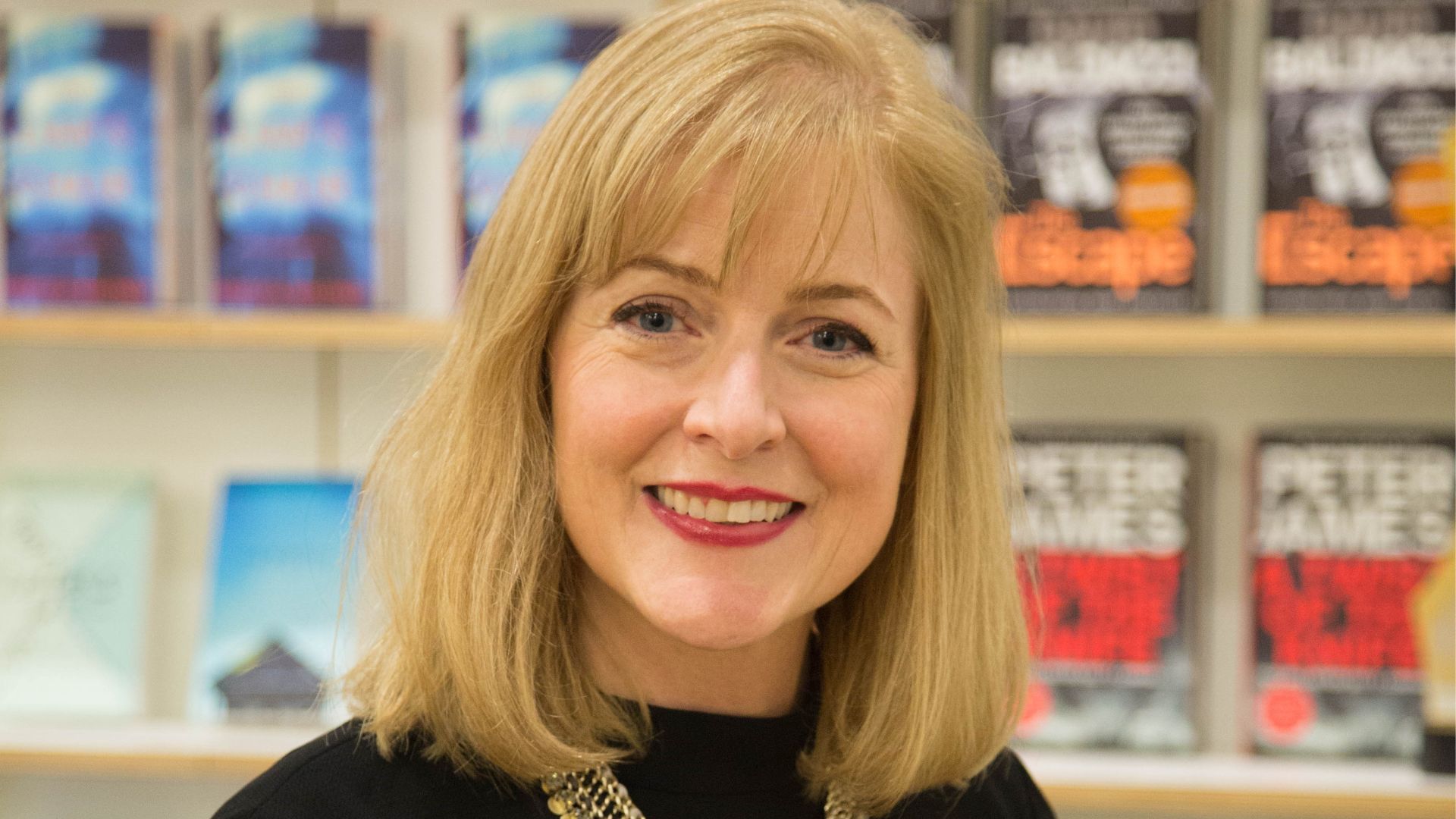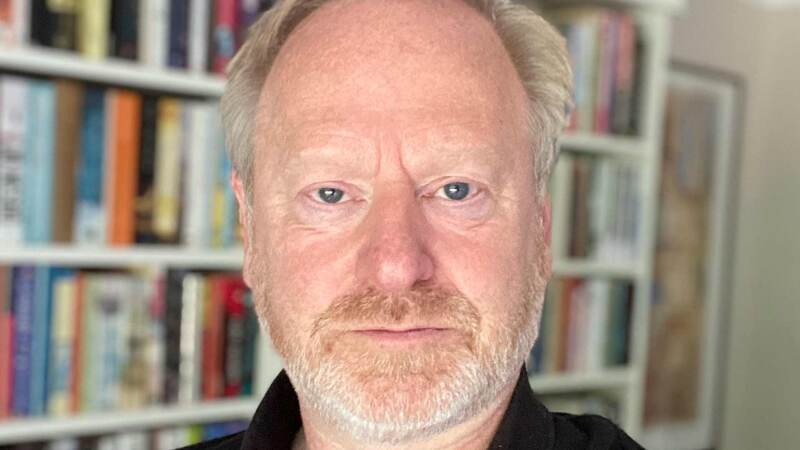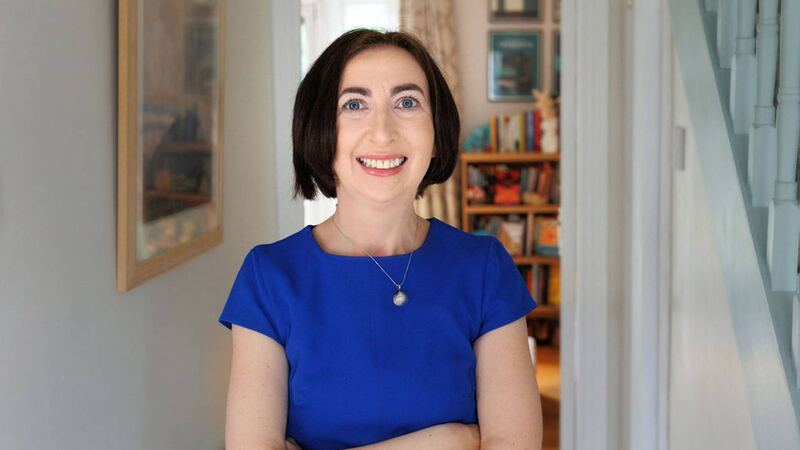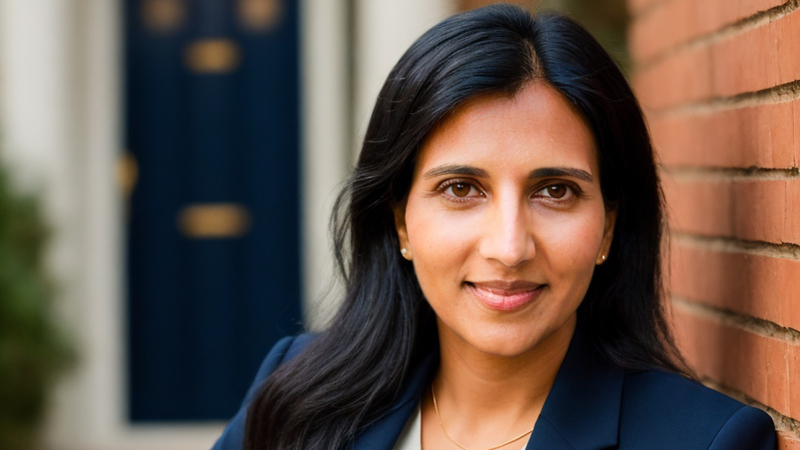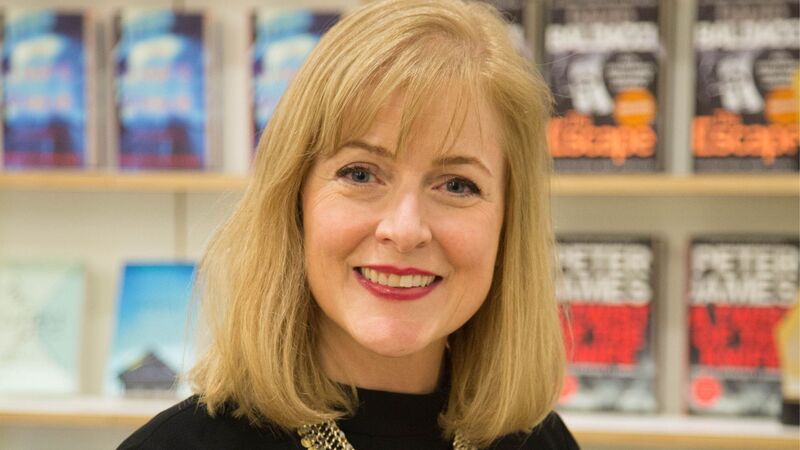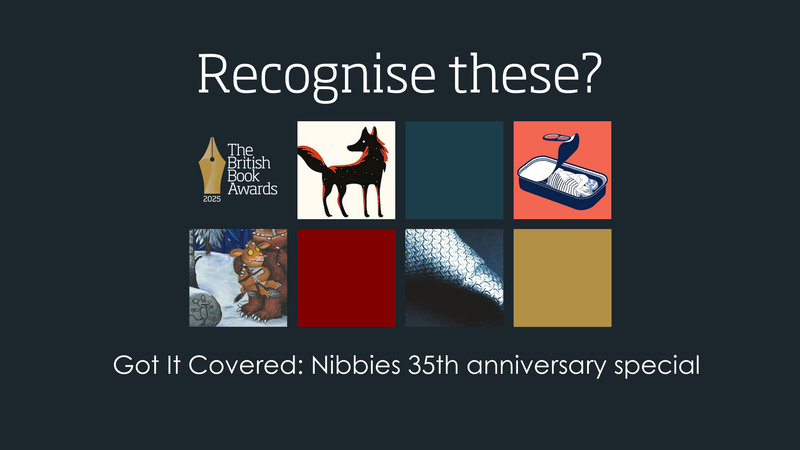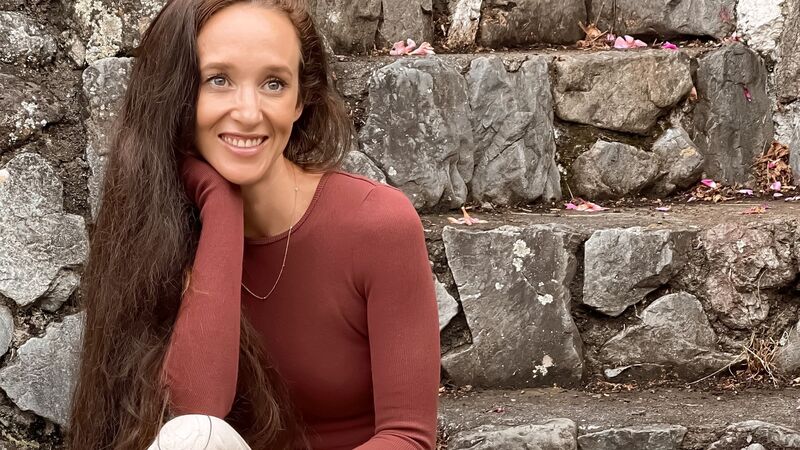Leap of faith: how Carole Tonkinson’s new imprint aims to shift the wellbeing dial
Launching in January with an account by Caroline Darian, the daughter of Dominique Pélicot, Tonkinson’s imprint Leap seeks to inspire, inform and empower – and cater for readers ill-served by the current market, she tells us.
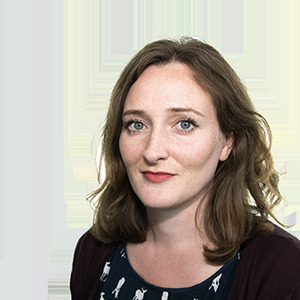
Heloise Wood is deputy news editor at The Bookseller.
A year on from starting at Bonnier Books UK as editor-at-large, Carole Tonkinson is launching a new imprint, Leap, next month, which turns the traditional concept of ‘wellbeing’ on its head.
“Leap is the collective noun for leopards so our logo is a leopard,” Tonkinson tells The Bookseller. “Leopards leap better together – that’s the informing ethos of the list.”
The imprint – of which the official tagline is “books to inspire, inform and spark change” – replaces the previous lifestyle list Lagom. Years after alighting the publishing journeys of Joe Wicks and Pinch of Nom, Tonkinson believes the wellbeing space has moved on. “This is not a wellbeing imprint, that’s the first thing,” she says firmly. “This is replacing Lagom, which is winding down in December.”
She explains: “I joined Bonnier a year ago last month [following a decade at Pan Macmillan]. I was asked to take on Lagom and I looked at what was created and I just think the market has moved on a lot in the 10 years since I started at [imprint] Bluebird, [when] there was Yellow Kite, then Bluebird, then Green Tree etc… a lot of those imprints have been faded out or reinvented.
“But the wellbeing space is completely crowded and a little out of step with what consumers want now. People know more about their gut microbiome or attachment style or neurodivergence; there’s a more informed readership that doesn’t want a one-size-fits-all approach.”
Readers are much better informed now, and self-improvement no longer cuts it. The market needs to address the collective, Tonkinson says. “Readers want quality information to help them navigate issues and life stages better – and not just for themselves, but also for others.”
She wants to shift the publishing direction from the “tech bro” vision of wellbeing. “Self- help but not being selfish is key. Some of the wellbeing space – I’ve always resisted the word ‘wellness’ but it’s been co-opted by a lot of those tech bros – is about extending very privileged lives and not always [promoting] the most science-informed views.”
Tonkinson hopes the list – set to publish around 24 books a year – will spark important conversations. “I’m really excited about it because it’s about a leap of faith: it’s about the books, the information, the stories and information to empower people to take the next step, but it might be a bit scary. It’s about changing themselves and the world.”
The wellbeing space is crowded and a little out of step with what more informed readers want now, which isn’t a one-size-fits-all approach
The Leap team also includes senior commissioning editor Madiya Altaf, previously at Lagom, assistant editor Lucy Tirahan and editorial assistant Saira Nabi (who both also work on Blink). Tonkinson emphasises the collective nature of the focus, a reference to her founding ethos that we can all leap better, if we do it together. “This is about lifting yourself and others up; hope, change and [taking the] next steps for ourselves as individuals and a wider community.”
Continues...
Too many imprints in this space restrict themselves with too narrow a focus, Tonkinson believes. “There are books [here] that drive social and personal change. It’s more hard-hitting, inclusive, and covers more genres. A lot of those wellbeing lists box themselves into a terrible corner where they don’t publish enough titles to cut through. You can’t have 12 great health books a year.
“There’s so much less shame in asking for help or being informed, whether it’s a neurodivergence diagnosis, relationship issues, parenting – or something more disturbing, like the material of the book by Caroline [Darian], which is about rape or trauma.”
Indeed, Leap’s first book is about one of the biggest criminal trials unfolding across the global media currently. I’ll Never Call Him Dad Again is written by Darian, the daughter of Dominique Pélicot, who recently stood trial accused of drugging his wife and recruiting dozens of strangers to rape her over a decade. Verdicts and sentences are yet to be passed at the time of writing.
The conversation with Tonkinson returns several times to this book, such is its resonance, and the way in which it drives Leap’s agenda. “Caroline has taken horrific family tragedy and changed the conversation on shame,” Tonkinson says. “She took the stand, she started a charity on stopping chemical submission. She’s done so much. That’s a perfect example – an inspiring read about Caroline’s and her mother’s reaction to such a terrible thing – of finding a way to channel energies into helping others.”
Another book is Make Life Happier by Mark Williamson, who is the founder of the movement Action for Happiness. “The first half is about individual happiness; the second half is about community happiness,” Tonkinson says. “They’re not separate – they’re inextricable and that’s the energy of the list.”
Another is We Are Each Other by Jess Mills, the daughter of the late MP Tessa Jowell. “It’s one of the most beautiful books I’ve read in my life and it’s about love, really,” Tonkinson says. “She wrote it over five years about her mother getting her terminal diagnosis when [Mills’ own] daughter was 10 weeks’ old. It’s about the crux of life and death, mother-daughter love, and generational love.”
Letter from Japan by Marie Kondo, meanwhile, offers “a wonderful departure for her, the culture and philosophy which she loves... and which she has such authentic grounding in,” Tonkinson says. “Japan is of great interest now. We’re seeing lots of books [about the country] by people who aren’t even Japanese.”
Overall, Tonkinson is excited to see how Leap lands with its broad focus, recognition of both the individual and societal, its engagement with challenging stories and widening of the traditional readership. “It doesn’t have to be a female readership,” Tonkinson says of this space. “Men might call self-help ‘self-optimisation’. We all need some hope and this list has that. They are all empowering books.”





